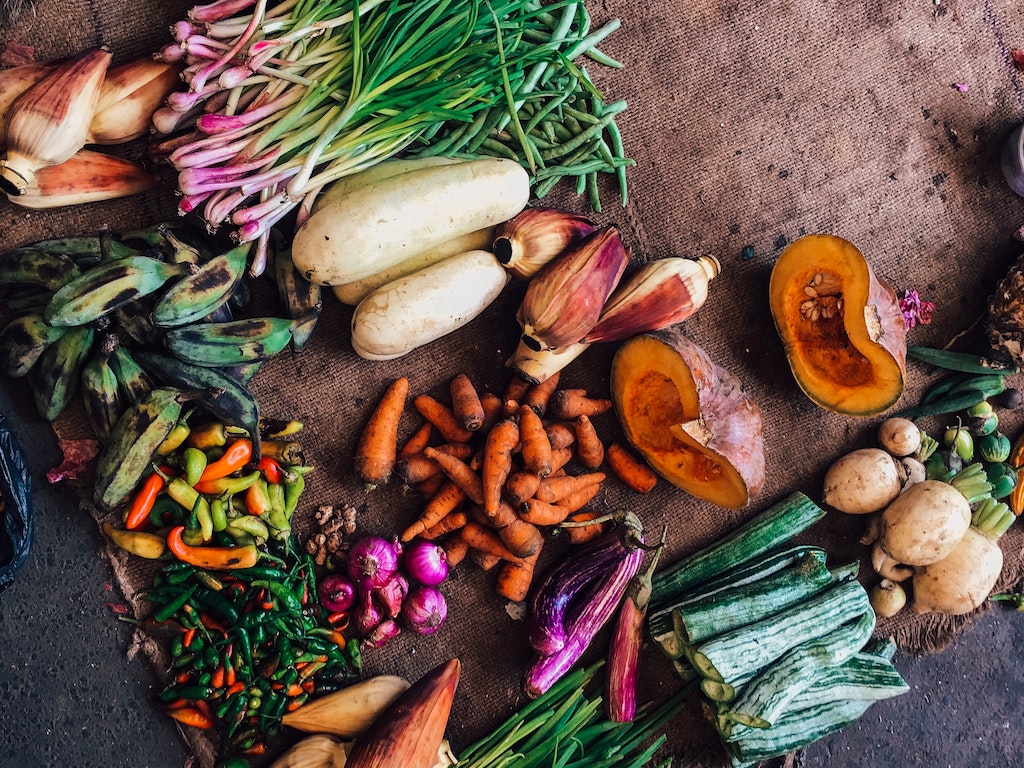3 Mins Read
According to new data contained in The World of Organic Agriculture 2020, published by Research Institute of Organic Agriculture (FiBL) and IFOAM Organics International, organic agriculture farmland and organic food retail sales has reached another all-time high. The continued uptrend for the organics industry owes to consumer awareness coupling food choices to health and environmental impact, which is driving more people to choose organic than ever before.
In the newly published FiBL-IFOAM report, the organic industry is showing no signs of slowdown with both organic farmland area and organic food sales breaking records. Drawing from data from 186 countries, the report reveals that the global market for organic food passed US$100 billion for the first time in 2018, with many major markets continuing to show double-digit growth rates. It also finds that area of land used for organic agriculture increased by 2 million hectares, representing an annual growth of almost 3% and bringing the total land area up to 71.5 million hectares. While India continues to be the country with the highest number of organic producers, Australia and China both boast large areas of organic farmland.
Read: What Brexit means for organic food & sustainable agriculture
These findings mirror that of another report recently conducted and published by market consulting firm Grand View Research, which predicts that organic food and beverages will continue to balloon to reach over US$200 billion by the end of this year. According to the researchers, this growth in consumer demand – which will represent a 15.7% increase within just half a decade – is driven by the associated awareness about the health and eco-friendly benefits of organic farming at a time when these priorities are topping the global agenda.
Indeed, scientific studies can back up the sustainability advantages of organic food production. The lack of synthetic fertilisers, pesticides, herbicides or fungicides is widely considered to promote better biodiversity, soil quality and reduces contamination and pollution from run-off of substances. Agrochemicals commonly employed in non-organic agriculture is also one of the largest emitters of carbon dioxide in the industry.
A 2019 study led by Dutch scientists from the University of Twente found that organic agriculture can help make progress on 8 of the 17 globally agreed Sustainable Development Goals (SDGs), especially on combating climate change, preventing biodiversity loss and achieving zero hunger and clean water for all.
Read: Hong Kong’s best organic fruit & vegetable delivery boxes
Organic food has also been hailed for its health benefits, with a recent Graz University of Technology study finding that organic apples contain more diverse and balanced gut-healthy bacteria compared to conventionally grown ones. The connection between health and organic foods will likely further drive consumer demand from Asia in particular, where consumers have continually demonstrated more interest in nutritional quality and food safety compared to their Western counterparts, as shown in a survey conducted by market researchers Asia Opinions.
The positive outlook for the organic industry will therefore help to support a more sustainable and healthy global food system. Especially in Asia, where key environmental and health SDG targets are showing signs of regression, it is vital that every effort to reduce our impact on the planet is taken – including measures to shift towards a more sustainable and plant-based organic farming practices.
Lead image courtesy of Unsplash.




